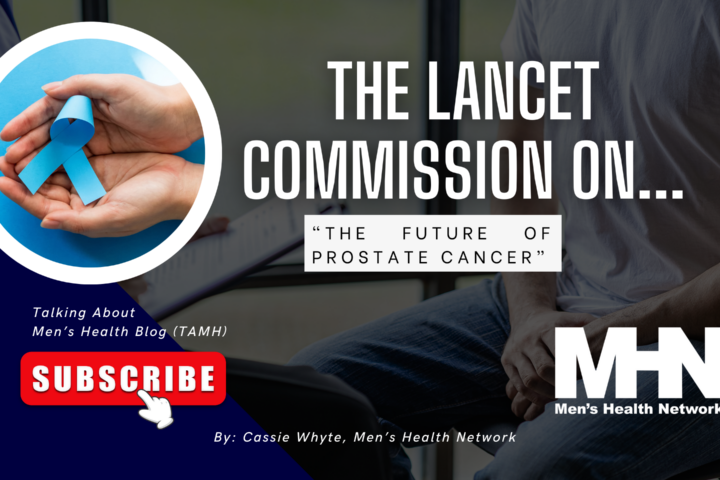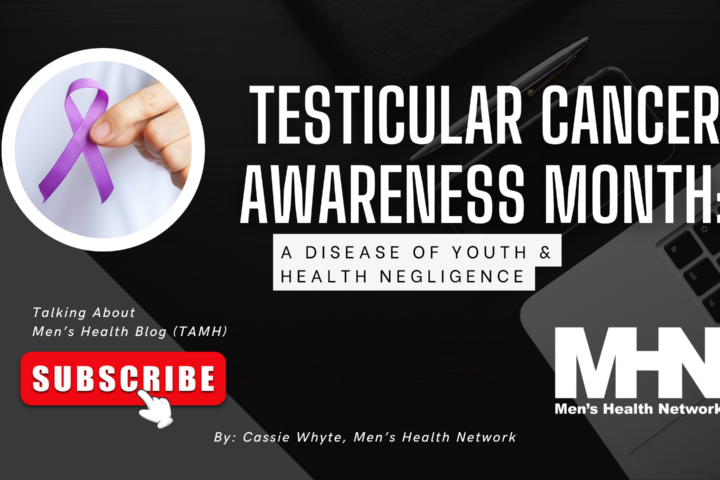Dear Mr. Dad: The high school in our old neighborhood were well known for drug and alcohol problems. For that reason, a few months ago, my family moved to a new (and very expensive neighborhood) so that my son could attend one of the best schools in our state, one that we hoped wouldn’t have those problems. My husband and I place a high value on education, but from what I’ve been hearing, things may be even worse at this top-rated school. Did we just get unlucky or is this a national issue?
A: Unfortunately, it’s a national one.
A lot of us fall for the stereotype that poor people are more likely to use drugs and alcohol than wealthier people. The thinking is that poor people are self-medicating to cope with the stresses associated with poverty or that they don’t have enough information about the dangers of drugs and alcohol to make smarter decisions. The truth, as you’ve discovered, is much more complex, with different income groups abusing different substances and for different reasons.
According to the Substance Abuse and Mental Health Services Administration (SAMHSA), 35% of adults living in homeless shelters have substance abuse problems. No one knows what the percentages are for homeless people living on the street, but I’m sure it’s even higher. For one drug in particular, heroin, those making less than $20,000/year are more than three times more likely to be users than those making more than $50,000/year, according to the most recent data from the Centers for Disease Control and Prevention (CDC). Overall, the rate of overdose deaths from prescription opioids (hydrocodone, oxycodone, etc.) are highest in counties with the highest poverty rates. So yes, poor people may be more likely to use some drugs.
Click here to read the rest of this article.




